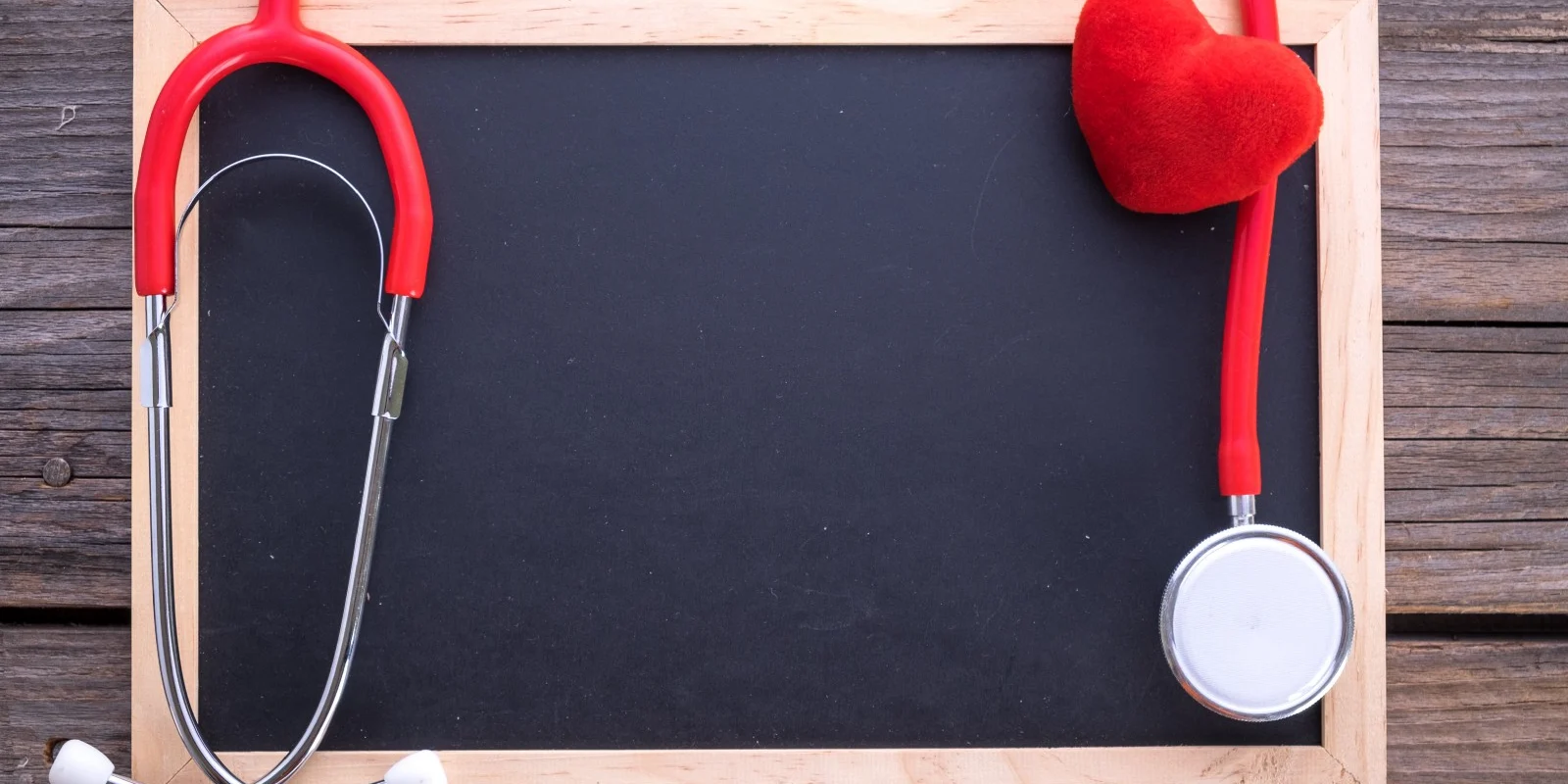
This past April, I became a teacher for one month. With much dedication from my compassionate classmates, we created a pilot clerkship focused on teaching students at an inner-city charter school. Our efforts culminated in a new health education elective for inner-city high school students interested in pursuing a healthcare career. Medical students would rotate through our pilot clerkship, teaching high school students about everything from nutrition to basic pharmacology.
On my first day of teaching at the school, I pulled up a slideshow. I introduced myself and mapped out how I had chosen to pursue service to others as a family medicine physician. One of the slides included photographs galore — pictures of all of the mentors to whom I could attribute my success in advance of my medical school graduation. One of them was a very special picture of Rebecca Haak, MD, holding me after delivery. Twenty-five years later, I consider her to be a mentor, friend, and one of the reasons I chose to become a doctor.
The point of such a presentation was to, in short, make myself known, so that students would feel more comfortable sharing about themselves. Each day, we would go around the room, and everyone would say their name and a fun fact.
Most of my teaching was focused on substance abuse. The students had plenty of questions and commentary on the subject. It quickly became apparent to me that the information I had been dispensing, in a classroom composed of children as young as 14 years old, was not a series of abstractions. When mentioning what to do if encountering someone with a heroin overdose, students responded with commentary demonstrating personal witness to such scenarios.
As the month of teaching progressed, my heart broke more and more for the high schoolers. In the last few minutes of class, I would try to get to know the them personally. Many spoke openly of their hardships — violence, broken families, and poverty. Many also spoke with kindness and sincere curiosity as they tried to get to know me. I grew in awe of the warmth I received as I learned of the students’ cold daily realities. As class sizes waxed and waned each day, I developed tremendous respect for the students whose attendance did not falter, and for those who continually engaged in the classroom.
One of the more attention-grabbing classes was about marijuana. Students shared candidly about exposures to this drug, and many disbelieved teaching about potential harms to the adolescent brain. One student stated, “I smoke pot every day, and I’m doing great.” A truth garnered from my own life experience came to the surface: people need to feel loved before they will make choices that reflect self-care.
Education is valuable. But, it became clear that much of what I had been teaching would leave little impact if the children did not understand that they “mattered.: If my parents, coaches, youth pastors, and mentors had not pointed out both my present worth and future potential, I certainly would not have dreamed of starting or finishing medical school. I wanted to provide this same privilege of reassurance for my students in both their personal and professional lives during our brief time together.
I vividly remember crying in my car after hearing my third “Will you be my mentor?” inquiry from a student. I would be leaving Indianapolis for residency soon, and could not say yes. This set into motion a series of meetings with the goal of recruiting student-mentors from my medical school for the following school year.
I admired Dr. Haak in my small community for years. Her example and our chats about family, faith, and career over tea in her home continue to provide an impetus to move forward in the call to be a physician. And so, it is my hope that medical students, doctors (or anyone for that matter) would consider mentoring someone — whether it be facilitated by the medical apprenticeship-type training model, serendipitous community connections, or through a formal mentoring organization. You will likely end up inspired by the qualities of the person you are raising up; and, they will, in turn, feel emboldened to pursue their goals.
Lauren Callahan, MD is a graduate of Indiana University School of Medicine and a resident at Ball Memorial Hospital in Muncie, IN. She plans on returning to her small Indiana hometown as a family medicine physician specializing in geriatrics or palliative care. In her spare time, she enjoys anything from sewing to, in true Hoosier fashion, playing basketball with her fiancé and three younger brothers.







